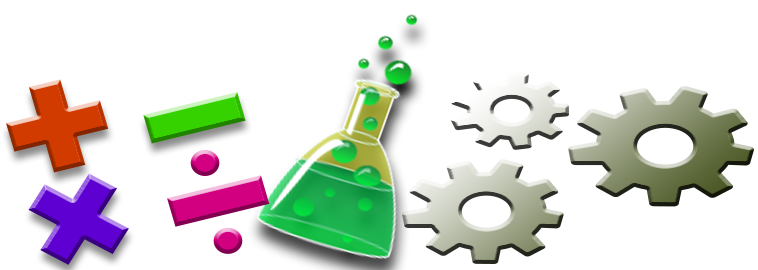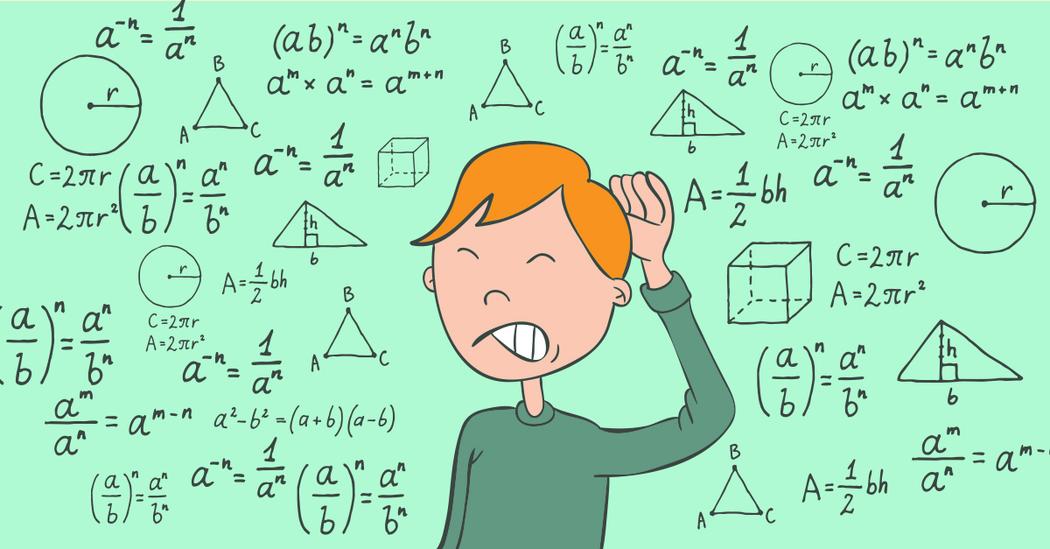LOVE for the Science but hate for the Math. Why?
 You will not find many people complaining about, science that it is, hard, difficult, impossible but, you will hear quite often math. is difficult, hard, useless anywhere and everywhere. It seems that it is cool to hate Math.
You will not find many people complaining about, science that it is, hard, difficult, impossible but, you will hear quite often math. is difficult, hard, useless anywhere and everywhere. It seems that it is cool to hate Math.
There is nothing that is universally liked by every human being. Mathematics is no exception. I understand indifference about math. But why would anyone hate it? It does not hurt you does it? Do you somehow feel pressured into doing it? You should resist that! Just don't do it! Your hate will subside, leaving only indifference behind
You can do whatever you like. I, for example, love science fiction books but detest science fiction movies.
I am curious as to where the hatred for mathematics is coming from. Are we frustrated with our own abilities? Do we feel that the math that is taught doesn't seem to have real applications? Do we feel that mathematics is the source of assuming things like frictionless spherical cows? Or perhaps we feel that mathematicians idiotically restrict themselves to the class of problems for which the solution both exists AND is unique, which pretty much ignores the really interesting problems which may not have a solution, or which may have multiple solutions. To gain real understanding of science, you will need to progress in your mathematical abilities, even though you hate math.
Let us Keep our enthusiasm for science! It will make our task of learning the more frustrating subjects in mathematics easier.
Mathematics is much more than calculations. Mathematics is the domain of abstract thought, patterns, and logical proofs. Just like in the scientific fields you have problems to solve and to explain, as well as ways to experiment. Mathematics is also is the language of describing the patterns and laws in physics, chemistry, engineering, and so on.
If you love science, but don't care for mathematics, then my guess is that you haven't given mathematics it's due. Try reading some books on areas of mathematics you may have not encountered earlier, or recreational mathematics.
As an example, Do you ever wonder what kind of shapes can be used to tile a plane, And why is this related to the way honeycomb is structured? Mathematical fields such as geometry, and optimization theory apply here. Or how about why objects have a terminal velocity when they fall? Differential Equations answer that one for you. And so on.
There are very few people in the world, even amongst people in the scientific/technical fields, who seem to appreciate the beauty of math. It's gotten to the extent that mathematics has been associated with the words "geeky and sophisticated" rather than "creative and artistic." I am curious what led to this.
As an example, Do you ever wonder what kind of shapes can be used to tile a plane, And why is this related to the way honeycomb is structured? Mathematical fields such as geometry, and optimization theory apply here. Or how about why objects have a terminal velocity when they fall? Differential Equations answer that one for you. And so on. Ignorance to these could be one of the reason people feel good to claim that they hate Math.
Another important reason for the hatred towards Math. is that, Math teachers often do not inspire their students with an appreciation for the beauty of mathematics, instead teaching by rote memorization. Some students feel like math is a foreign language in which they can't orient themselves since math is cumulative and they forgot something they learned a while ago and now becomes totally lost.

When students fail to progress in a math class they may feel stupid and avoid math as much as possible in the future. Many people do not believe mathematics is essential to living a modern life and resent being forced to study an abstract science.
The beauty of math. is not as clearly visible as it is in the case of scientific discoveries. To understand the beauty of Math, you need help from someone to do so. No one (or almost no one) learns to see the beauty of mathematics without help—without, at the very least, being pointed towards certain books or puzzles. And most of us simply weren't helped. Which is a longwinded way of saying, "It's school's fault."

I think this is still the case, but when I went to school, math mostly meant arithmetic and drills: doing hundreds of repetitive problems that had no connection to anything in our lives. There was no beauty we could see, no tie-ins with practical concerns, no fun puzzles, no sense of exploration, and no over-arching theory to tie it all together. It just seemed like arbitrary busy work grownups wanted us to do. And it gradually got harder and harder. When something is (a) hard, (b) not fun, and (c) doles out very few rewards, most people abandon it as soon as they can. They learn that after some grade they no longer have to take math classes, so they don't. They decide "I'm not a math person," and they abandon the subject for the rest of their lives.
That proclamation "I'm not a math person," which society encourages us to make—"figure out what sort of person you are and be that"—is deadly, because once someone says it or thinks it, being bad at math is part of his identity. To suggest to a "not a math person" that he could be good at it or even like it is like suggesting to a Conservative that he will one day be a Liberal or telling a Rolling Stones fan that his favorite genre of music will one day be Disco.
The School could be completely overhauled to help more kids see the beauty in math, but real educational reform is almost non-existent. And when people do make reforms, they rarely care about helping kids find beauty. They just want to raise test scores.
Dr. Reyaz Ahmad - Assistant Professor
Software Department – College of Engineering & IT
Al-Ain University of Science & Technology




